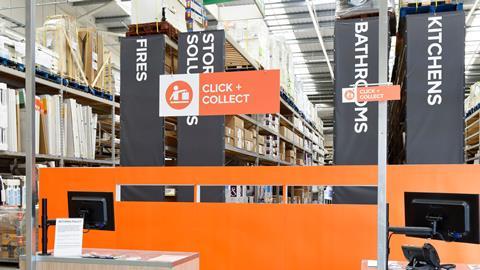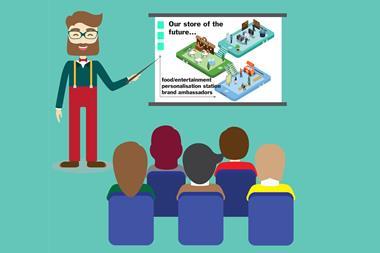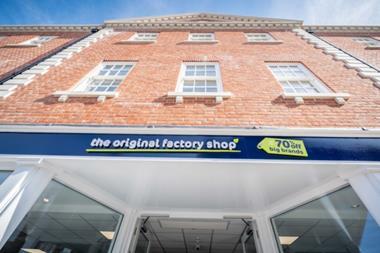It’s time fulfilling stores was approached as a marketing challenge just as much as an operations challenge.
Let’s begin with a question. Is store fulfilment – meaning digital orders where the store plays a role in getting products to customers – an operations challenge or is it a marketing challenge?
If you were to say that store fulfilment is an operations challenge, you would of course be correct. Managing so many moving parts in so many diverse locations can be a logistical nightmare.
However, if you were to answer instead that store fulfilment is a marketing challenge, you would also be correct.
And therein lies the problem.
When the industry’s thought leaders talk about store fulfilment, they almost exclusively position it as a logistics challenge. Rarely do I hear about the many important, complex and critical marketing challenges inherent in those same processes.
“Rarely do I hear about the many important, complex and critical marketing challenges inherent in store fulfilment”
I don’t understand why marketing gets so little attention. Shoppers across Europe have fallen in love with click-and-collect orders. Consequently, a lot of orders are now being fulfilled by stores.
Obviously, logistical processes and tools have to be well implemented to ensure positive outcomes for all of these orders, but when we ignore the role of marketing in this process we do so at our peril.
Think about how many brand-building (or breaking) experiences now include the store as a point of fulfilment.
Customer outcomes matter
Unfortunately, my personal experiences tell me that far too many store fulfilment processes are driven by logistical efficiency, rather than by customer outcomes.
Many experts say that marketing’s single greatest challenge is maintaining the value and relevance of the store. Unfortunately, most store fulfilment experiences fail to support this objective.
To improve, marketing simply has to play a key role when designing store fulfilment processes.
The stakes are too high when answering so many questions in relation to store experiences:
- What is an acceptable time frame in which orders should be ready?
- Where is the ideal place for customers to pick up their orders?
- Who will ensure that every order is picked up complete and on time?
- How will we contact customers as orders are prepared?
- Who should help customers when they arrive to pick up their items?
- How will shipped orders be packaged?
- Is quality control in place?
There are important logistical answers to these questions, but there are also equally important experiential answers that must be considered.
Logistics executives will look for answers that drive value to the bottom line, while marketing executives will look for answers that drive value to the experience.
Improving the shopper experience
We must strike a thoughtful and careful balance between expediency and experience. To help find that balance Aptos developed The Omnichannel Fulfilment Blueprint to add marketing’s perspective to the conversation.
Here are a few highlights of the marketing advice in our blueprint:
- Take a close look at how your customers shop, where they buy and how they expect orders to be fulfilled.
- Learn which fulfilment options best align with your customers’ expectations.
- Evaluate whether associates are prepared (and empowered) to enrich each store visit with convenience, efficiency and information.
- Begin thinking about store fulfilment as a way to surprise and delight customers — rather than solely meeting expectations for convenience.
See a pattern here? Every one of these recommendations centres on the customer experience.
So, I will close as I began, with a question. When was the last time you allowed expediency to dictate a customer experience and how well did that work out for you?
Clearly it’s time to get marketing involved in this rapidly growing aspect of so many customer journeys. And when you do, be sure to check out our blueprint – I think it could help.

Richard Willis is international regional vice-president for solution consulting at Aptos
Richard is a seasoned retail technology professional who has worked with retailers for more than 25 years throughout Europe and globally. In his current role at Aptos he supports retailers in their efforts to differentiate and innovate through the use of technology.





























